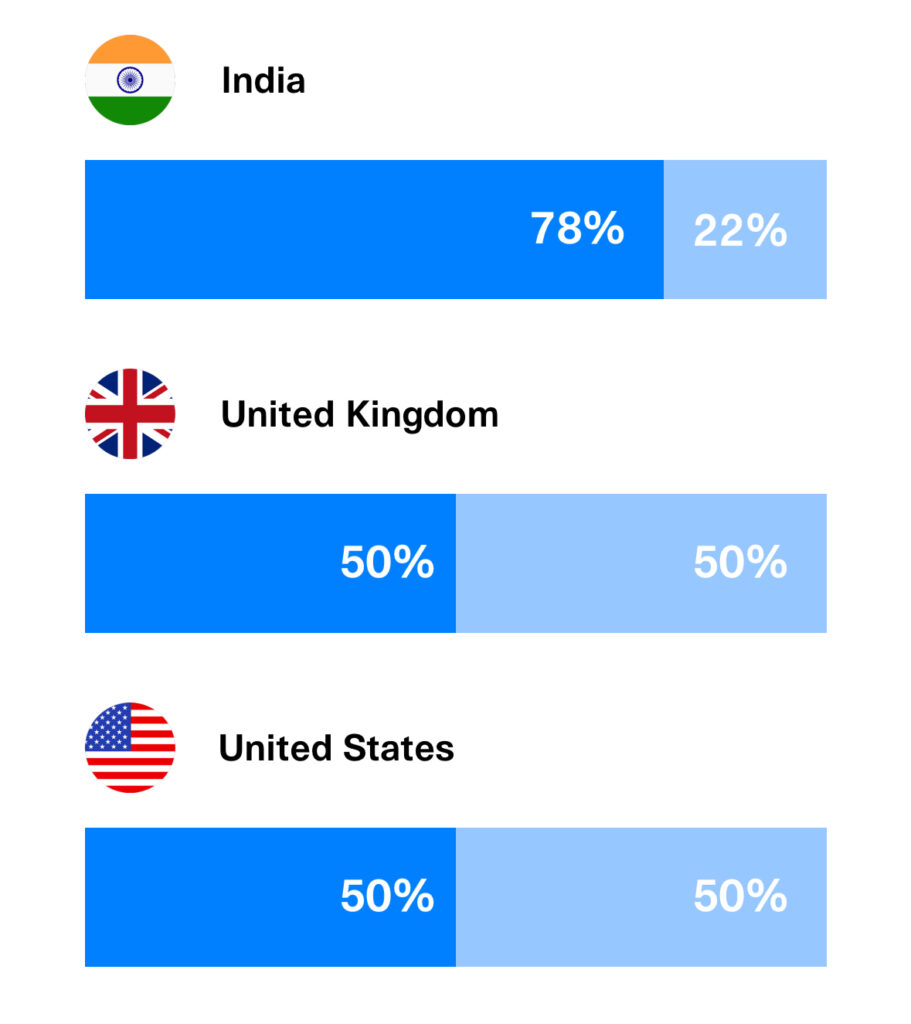A peaceful night’s sleep is essential for health and well-being, but for many couples, sharing a bed can be more disruptive than romantic. A recent survey by ResMed has revealed a growing trend among couples—choosing to sleep separately, a practice known as “sleep divorce.”
Snoring and Sleep Disruptions Leading to Separation
According to the survey, 32% of couples report that their partner’s snoring, loud breathing, or gasping for air—common symptoms of sleep apnea—disturb their sleep. This nightly battle for rest is leading some couples to consider separate sleeping arrangements for the sake of better sleep quality.
Interestingly, the impact isn’t evenly felt across genders. 20% of women reported that their partner disrupts their sleep every night, compared to only 11% of men. This suggests that women are more likely to suffer from the consequences of poor sleep due to their partner’s nighttime habits.
The Growing Trend of Sleep Divorce
As a solution to these sleep struggles, 18% of couples have opted for a “sleep divorce,” choosing to sleep in separate beds or bedrooms every night to ensure uninterrupted rest. While this approach may seem drastic, many couples claim it has improved their sleep quality—and, surprisingly, their relationship satisfaction.
The trend of sleep divorce varies across the globe. In India, the practice is most common, with 78% of people admitting they sometimes choose to sleep apart from their partners. Cultural openness towards prioritizing personal well-being could be influencing this high percentage.

In contrast, the United Kingdom and the United States present a more balanced perspective. In both countries, couples are evenly split, with 50% always sharing a bed and 50% opting to sleep separately at times. This reflects a growing awareness of the importance of sleep health without entirely discarding traditional sleeping arrangements.
Is Sleep Divorce the Answer?
While sleeping separately may seem counterintuitive to relationship intimacy, experts suggest that quality sleep is vital for emotional connection and overall health. Chronic sleep deprivation can lead to irritability, stress, and even health complications, potentially harming relationships more than a sleep divorce ever could.
However, experts also advise that communication is key. Couples opting for separate sleeping arrangements should ensure they maintain emotional intimacy through quality time, shared activities, and open conversations.
A Changing Perspective on Sleep
The ResMed survey highlights an important shift in how couples view sleep and relationships. As sleep health becomes a greater priority, traditional norms around sharing a bed are evolving. Whether it’s for better sleep, better health, or better relationships, sleep divorce may no longer carry the stigma it once did.
Ultimately, a good night’s sleep might just be the secret to waking up to a stronger, healthier relationship.
A global media for the latest news, entertainment, music fashion, and more.





